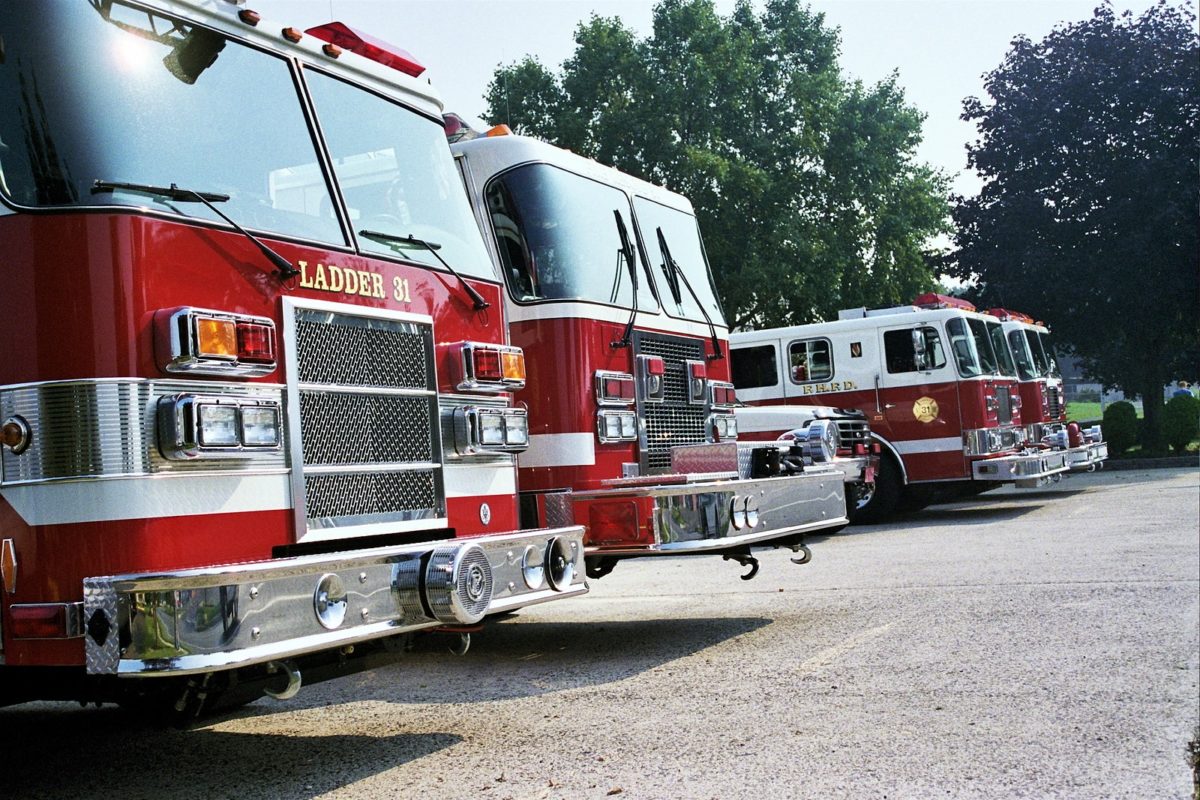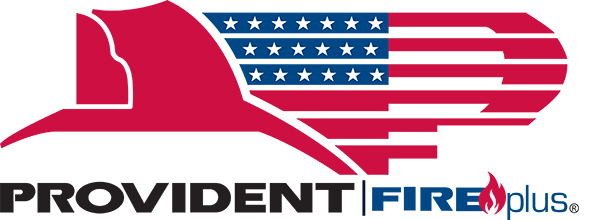
By inspecting your fire trucks on a regular basis, inspections can go smoothly with minor problems that can be either repaired or reported. Take time to become an expert on your apparatus. Every apparatus has its own little things concerning their operation that can make or break you at the incident scene.
In addition to preparing for inspections with regular maintenance, make sure that your operation has the right insurance programs in place for complete apparatus coverage. A Commercial Auto policy will cover vehicle damage and other liability exposures relating to automobile accidents, but a Portable & Mobile Equipment program is necessary to fully cover guaranteed replacement costs and other losses associated with fire apparatuses.
Be Prepared
The apparatus operator must prepare for your first response of the day. It’s their primary responsibility for the safety of your crew and the community to ensure the operational readiness of the apparatus. Many fire department equipment-repair facilities are only open during normal business hours, so it’s best to identify problems as early in the day as possible.
Talk to other members of the department who operate the apparatus about its general condition and items that need repair or attention. Find out what types of incidents the apparatus responded to during the previous shift and concentrate your efforts on parts that were used.
Documentation
Fire departments should have an Apparatus Inspection Form that drivers, engineers or firefighters can fill out each shift, listing all the items that should be seen and checked off when inspection is completed. Using your standardized checklist, take time to document items that you’ve repaired or that need to be looked at by following shifts. Never delay repair issues that relate to crew safety or operational readiness.
Take the time and effort to become an expert on your apparatus. Every apparatus has its own little things concerning their operation that can make or break you at the incident scene.
Take Ownership
Many firefighters treat their apparatus like it’s a rental car, just drive it for the day and leave the problems for someone else to worry about. Taking ownership means always working to fix that long list of little issues that every apparatus has, whether it’s tightening the screws in the door panel or taking everything out of the compartment to clean it.
If you focus on the simple details of apparatus readiness, you’ll rarely have to deal with a huge problem. Thoroughly look over the apparatus completely to identify what’s missing, broken or out of place. Pay special attention to the items that are critical for crew safety, such as functioning seatbelts and door latches.
Resources
Use all your resources to keep things in working order. Don’t hesitate to call your own department shop personnel, outside vendors and apparatus repair companies. Refer to manuals supplied with the apparatus, and don’t forget that you can contact the company that built the unit. You can also find lots of great information to help with maintenance issues on the Internet. Throughout the day and after each incident, take time to look over the apparatus for possible problems and make corrections as needed.
Taking the time to care for your apparatus will save your department money in the long run and protect your safety.
About Provident FirePlus
At Provident FirePlus, we offer custom tailored packages to best protect firefighters and volunteer firefighters. We understand the risks that emergency response teams are subjected to on a daily basis, and have worked to serve these dedicated professionals for over 87 years. For more information about our products and policies, we invite you to contact our experts today at (855) 201-8880.

